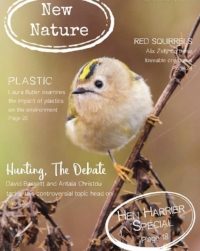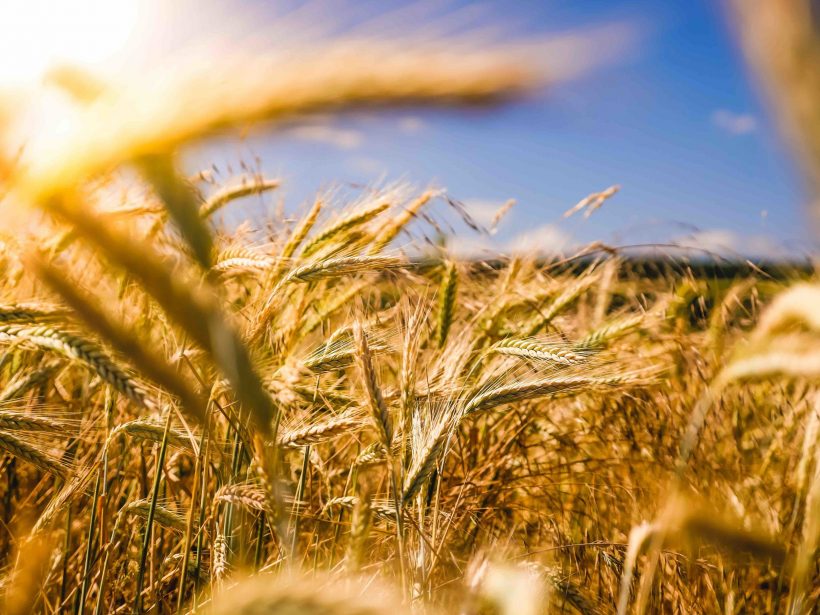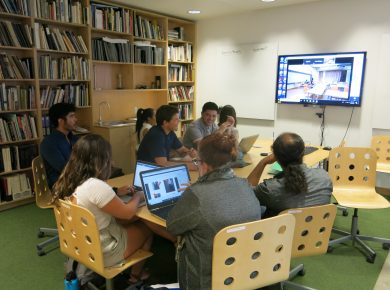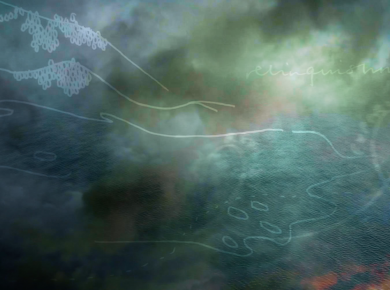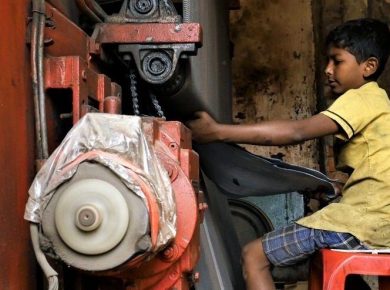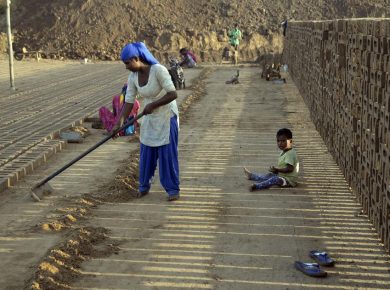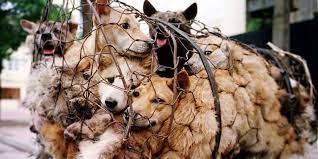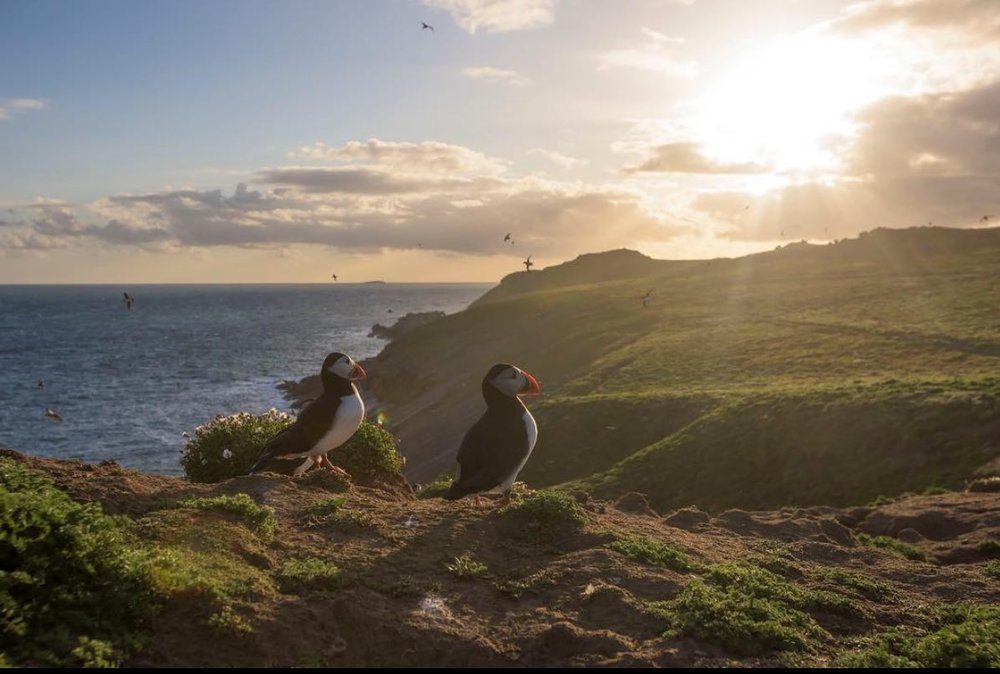
Puffins on Skomer Island. Photograph: Josh Gray, @joshgrayphoto
Earlier this year, radio and TV producer Mary Colwell launched a petition to the government, calling for the development of a GCSE in natural history. Her idea: to make nature part of British society again, reconnecting a nature-deficit generation with the world around them.
Colwell was not the only agent seeking to re-energise future generations. Launched at the same time, online magazine New Nature offered a counter-argument: that many young people do care; they just haven’t been given a forum to show how much.
Until now. Currently the UK’s only natural history magazine written, edited and produced entirely by young people, New Nature brings together the work of ecologists, conservationists, writers and photographers, all under 30. Its existence is partly practical. “Getting published for young people, whether in magazines or on line, is very difficult because prior experience is needed,” says founder and editor-in-chief James Common, who, as a nature blogger, knows what he’s talking about. “We definitely set up the magazine as a springboard for our contributors.”
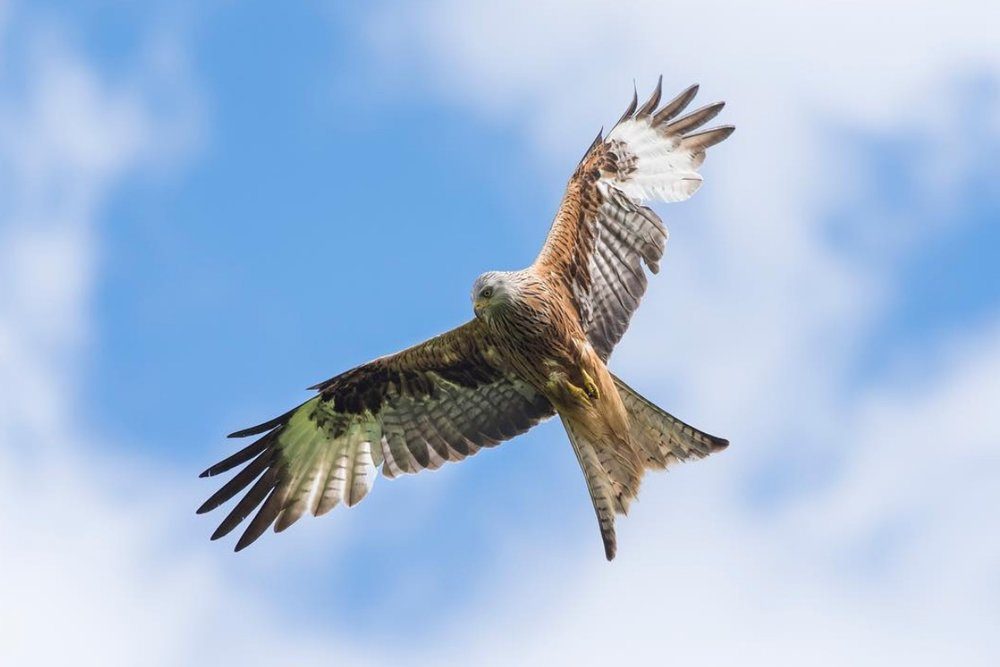
But New Nature’s main drive is as response to entrenched notions that young people don’t give a toss and that the decline of raptors in the uplands is far less gripping than the launch of Assassin’s Creed: Origins. This is partly (if not mostly) true – but not entirely. “There’s aways been a myth that people who participate in conservation are khaki-clad elderly gentlemen with beards,” muses Common. “And there seems to be an overriding consensus that young people don’t care about the environment and that they are, by nature, quite lazy.
“We wanted to show that’s not the case and that, in fact, many young people are working for the betterment of the environment, committing to a vast amount of voluntary work in their own time to make a difference.”
Social media has its hand in this, both in providing fresh evidence of heart-breaking environmental abuse and in enabling campaigners to build communities as well as profiles. “Only now, with social media, is it coming to the forefront there are young people out there who perhaps before did not have the confidence to make themselves known,” says Common. “Without social media, none of them or their community projects would be possible.”
One of the most ardent emerging voices is that of aspiring naturalist, scientist and active conservationist and Asperger’s Syndrome campaigner Dara McAnulty. With 2,434 followers on Twitter, his feed and his blog are proclamations of love and outrage far beyond his 13 years. His profile? “Nature has given me a voice, a way to make sense of the world and a way to communicate my joy and passion with others.”
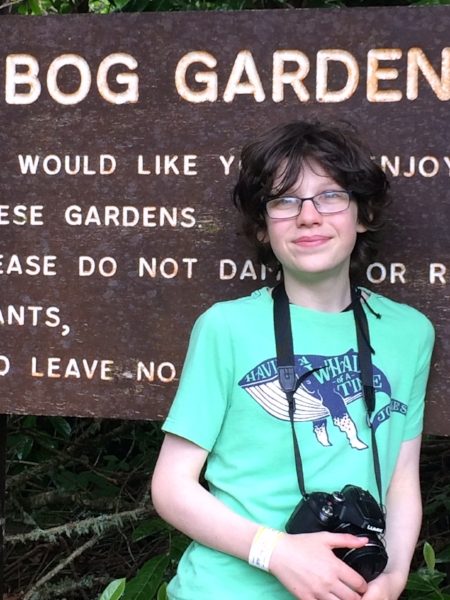
Young activitist Dara McAulty.
From countryside issues to more traditional nature writing, New Nature’s approach is generous and inclusive. “We pride ourselves in being incredibly broad; we look for passion,” says Common. “If the young person shows they genuinely care about something, whether that be plastic pollution or bird-watching, we will happily feature it. We do look for good writing skills but we’re equally happy to accept people without those skills and to tutor and to edit.”
“We want to facilitate the careers of these young people – and, ultimately, we all love waffling about wildlife.
Accordingly, Issue 9, out now, offers debate on the thorny issue of hunting, celebrates the russet charm of the red squirrel, and mourns the loss of harriers – majestic birds – to illegal hunting. There is a particular poignancy that these articles are so engagingly written by young people but the days of protecting our children from the reality of natural devastation are long past.
“Young people are the future,” says Common, firmly. “They’re the ones who are going to have to pick up the mantle and defend the embattled wildlife we have left. They’re going to have to rectify the mistakes of past generations and again to encourage further generations of young people to get involved as well.”
His grit, and the grit of his cohorts, is palpable, born from the natural world they adore. Perhaps the future is in safer hands than we think.
